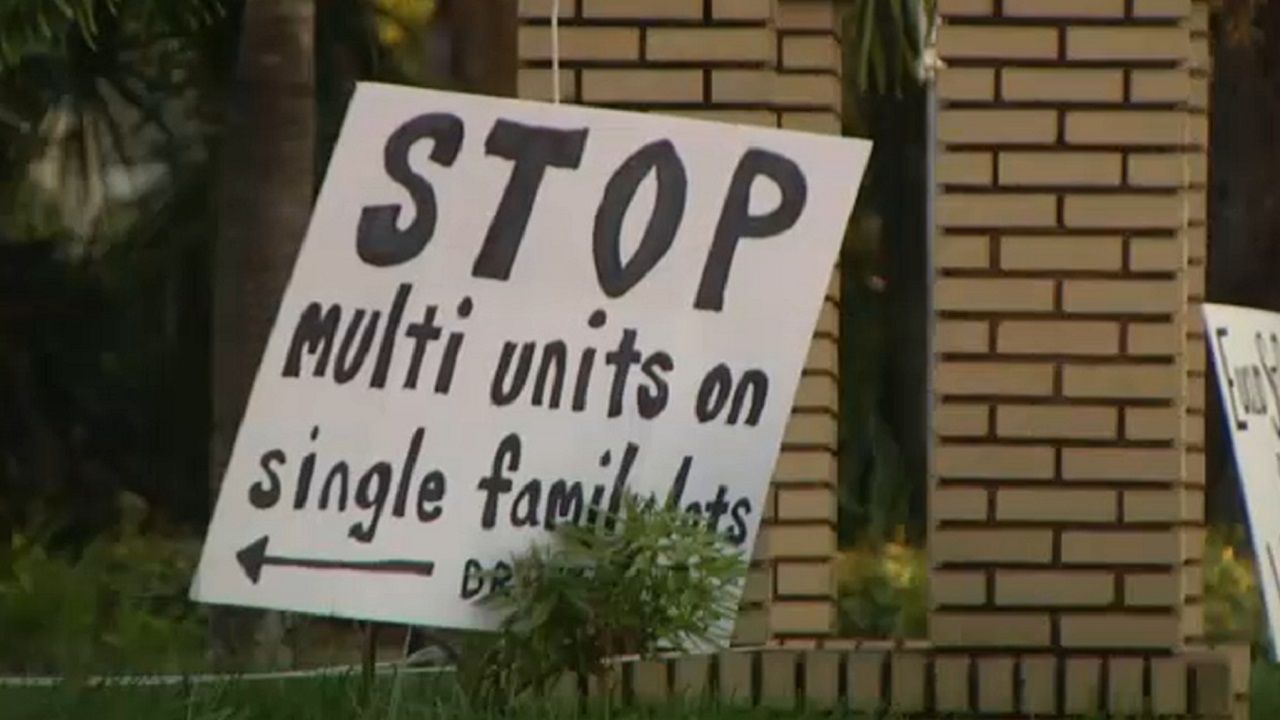A statewide plan to expand housing in New York through a combination of carrots and sticks has been pitched for months by Gov. Kathy Hochul.
But lawmakers have not embraced the push as Hochul sees it, which includes a state-level board to advance qualified housing projects over local opposition and encourage development around commuter rail.
"There is an agreement that we do have a housing shortage," Senate Majority Leader Andrea Stewart-Cousins said Tuesday. "The governor has a plan and frankly, the policy is what she's asking legislators to sell to their communities and it's difficult sell to many communities."
The fight over the housing proposal has ignited opposition from Long Island officials, who decry the plan as a way of overriding local control. Supporters, including the governor, point to the need to expand housing in the state to drive down costs that have only gotten worse in the wake of the pandemic.
Hochul wants 800,000 new units of housing in the next 10 years, some of which is already in the process of being built. At the same time, she wants communities to expand their own housing stock by 3% in the metropolitan region and 1% in upstate communities.
She's proposed linking it to money for infrastructure like water and sewer.
Democratic lawmakers have backed vouchers for encouraging affordable housing, taking a more incentive-based approach to the issue. At the same time, lawmakers have signaled support for the broad parameters of a measure to cap rents.
"I think our one-house has demonstrrated things that we want to have a conversation about when it comes to housing," Stewart-Cousins said. "It is a very broad conversation."
On Tuesday, Stewart-Cousins spoke of more incentives, while side-stepping Hochul's provision to add the hammer of statewide approval. Instead, there should be "partnership with the state government," she said.
Assembly Speaker Carl Heastie this week indicated lawmakers were still discussing tenant protections as well in the broader budget negotiations, which could lead to more money for low-income people facing eviction.


